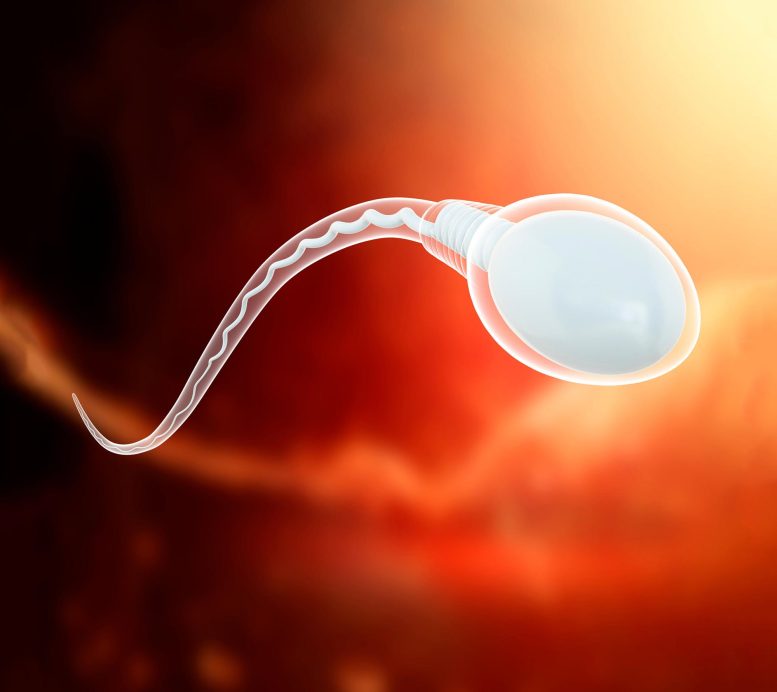Scientists have published the first meta-analysis to demonstrate declining sperm counts among men from South and Central America, Asia, and Africa. The international team was led by Professor Hagai Levine of Hebrew University of Jerusalem’s Hadassah Braun School of Public Health, with Prof. Shanna Swan at the Icahn School of Medicine, Mount Sinai, New York, along with researchers in Denmark, Brazil, Spain, Israel, and the USA.

Hebrew University Professor Hagai Levine. Credit: Avi Hayon_Hadassah
Alarmingly, this study also shows that the decline in sperm counts in North America, Europe, and Australia—reported by this team in 2017—has continued and even accelerated in the 21st century. Sperm count is not just an indicator of human fertility either, it is also an indicator of men’s health overall. In fact, low levels are associated with an increased risk of chronic disease, testicular cancer, and a decreased lifespan. The decline reflects a global crisis related to our modern environment and lifestyle, with broad implications for the survival of the human species, according to the authors.
This latest analysis, with data from 53 countries, was published in the journal Human Reproduction Update on November 15. It includes an additional seven years of data collection (2011-2018) and focuses on sperm count trends among men in regions not reviewed previously, specifically South America, Asia, and Africa. The data shows, for the first time, that men in those regions share the significant decline in total sperm counts (TSC) and sperm concentration (SC) seen previously in North America, Europe, and Australia. Furthermore, this study shows an accelerated post-2000 decline in TSC and SC globally. As Levine summarized these results, “Overall, we’re seeing a significant worldwide decline in sperm counts of over 50% in the past 46 years, a decline that has accelerated in recent years.”

Icahn School of Medicine’s Professor Shanna Swan. Credit: Axel Dupeux
While the current study did not examine the causes of sperm count declines, Levine pointed to recent research indicating that disturbances in the development of the reproductive tract during fetal life are linked to lifetime impairment of fertility and other markers of reproductive dysfunction. Additionally, Levine explained that “lifestyle choices and chemicals in the environment are adversely affecting this fetal development.”
Levine cautioned that time is running out. “Our findings serve as a canary in a coal mine. We have a serious problem on our hands that, if not mitigated, could threaten mankind’s survival. We urgently call for global action to promote healthier environments for all species and reduce exposures and behaviors that threaten our reproductive health.”
Swan stressed that low sperm counts do not only affect men’s fertility, but have serious ramifications for men’s health more generally, and are linked with other adverse trends, termed together as testicular dysgenesis syndrome.
“The troubling declines in men’s sperm concentration and total sperm counts at over 1% each year as reported in our paper are consistent with adverse trends in other men’s health outcomes, such as testicular cancer, hormonal disruption, and genital birth defects, as well as declines in female reproductive health. This clearly cannot continue unchecked.”
- Karlston
-

 1
1




Recommended Comments
There are no comments to display.
Join the conversation
You can post now and register later. If you have an account, sign in now to post with your account.
Note: Your post will require moderator approval before it will be visible.